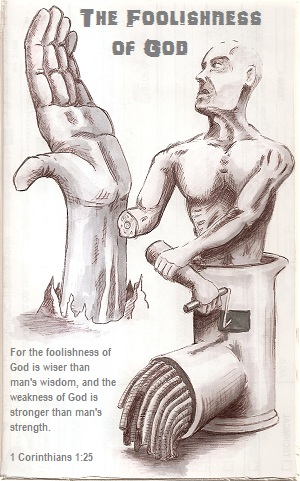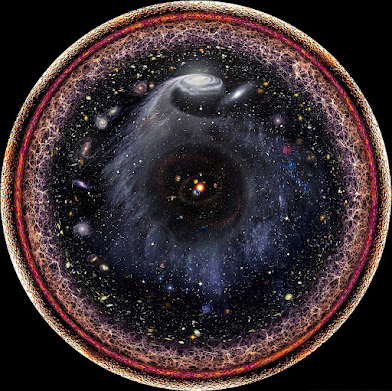The laws of thermodynamics basically state that in a closed system; 1) energy cannot be created or destroyed but can only be converted to other forms, 2) entropy is always increasing, and 3) things tend towards equilibrium. These laws would require that the universe in the past had far more free energy and far less entropy and equilibrium than it has today. But how could it have gotten that way without violating those very laws?
One explanation I’ve heard is that the laws are tied to space and time, and that space and time are tied to the universe itself, so the laws didn’t apply until the universe came into existence at the Big Bang. I think that’s true, but it still leaves a lot of unanswered questions about where the initial energy came from. I think there is a simple solution, however.
What if the universe is not all there is but is rather part of a larger system - essentially making it an open system? That would essentially negate the laws of thermodynamics since the universe would be able to receive input from another source.
I propose two coexisting parallel systems: the material universe tied to space/time, and an immaterial system not tied to space/time. It is from this immaterial system that the material universe initially received its energy with its low entropy. The immaterial system is not subject to material laws, not tied to space/time and therefore perpetual and permanent while the material system is subject to material laws and therefore is ‘winding down‘.
There is evidence of a possible tie between these two systems in quantum entanglement - where two quantum particles, separated by great distances, are inexplicably tied together and will change states at the same time. If they are tied together in the immaterial system—outside the constraints of space/time—then their ability to change states at the exact same time, even thousands of miles apart, is comprehensible.
This differs from the multiverse, with its innumerable parallel material universes, which suffers from the obvious flaw that other material universes must be both observable and detectable. It may even fit the math better. I don’t know, I am no physicist, and these are just the musings of a curious mind. I’m hoping that people more knowledgeable than myself will critique this and tell me what they think.






